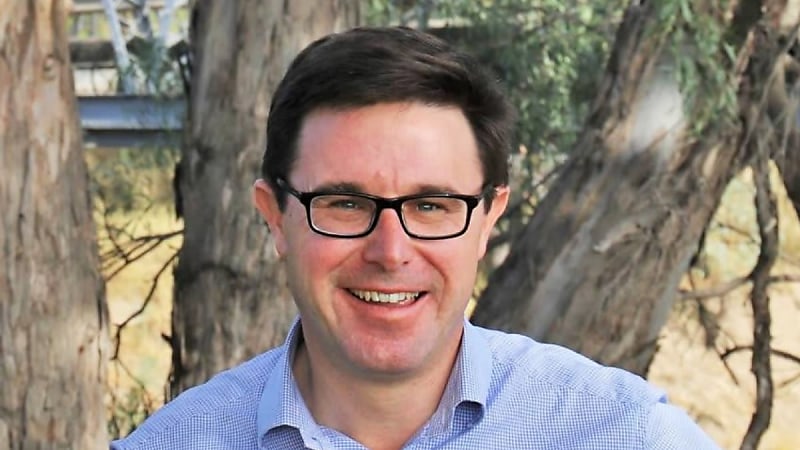Farmers will be hit hard by super tax changes: Nationals
The Nationals have hit out at the government’s $3 million super tax legislation, claiming it will disproportionately impact family farms held in SMSFs if they exceed new thresholds.
Nationals’ Leader David Littleproud said family farms, particularly where their properties are in an SMSF, would be hit the hardest.
He said the tax on unrealised gains will greatly impact SMSF-held farms across regional and rural Australia.
“You only have to look at the current year, where property prices have increased but conditions have turned dry and input costs are at record highs. Farmers may not have the cash flow to pay the tax on the unrealised capital value in their property that was part of an SMSF,” Mr Littleproud said.
“It gets worse for our sheep producers who face tougher prospects since the Government has announced banning live sheep, which has rendered sheep worthless and therefore unable to provide any cash flow to pay this new tax.
“Many families and farm owners previously set up SMSFs as their future retirement and savings, unaware the government could come for their assets with more taxes.”
Mr Littleproud added the government had ignored feedback from concerned industry and farming groups and was set to go ahead with its superannuation changes, despite being unable to say how many primary producers and family business owners would be impacted in its Treasury modelling.
Katie Timms, RSM Australia national director, superannuation and SMSF services told SMSF Adviser the firm has seen farming clients in Western Australia experience huge valuation increases in their properties, which would put them inside the higher $3 million super cap tax bracket.
“The Bill, if passed in its current form, will alter investment behaviour, particularly for SMSFs that hold property or other potentially speculative investments which experience volatile market fluctuations,” she said.
Natasha Panagis, head of superannuation and financial services for the Institute of Financial Professionals Australia, said although the government has allowed payment flexibility for people who may not have liquidity within or outside of superannuation to meet the tax liability, this does not make the payment of the tax any fairer.
“In particular, farmers and small business owners who have legitimately contributed their farms or business properties to their SMSF may struggle to meet this new tax impost if their fund has cash flow issues,” she said.
“Or if members have little to no wealth outside of superannuation to pay the tax. It’s one thing to pay tax on assets actually sold but paying tax on assets that are yet to be realised is unjust.”








